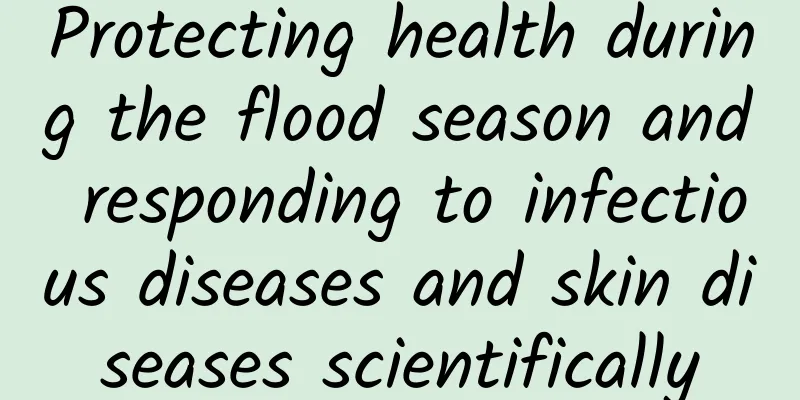Can Polycystic Ovary Syndrome be cured?

|
The name polycystic ovary syndrome is not unfamiliar to women, right? The incidence of this disease among women is not low. Simply put, polycystic ovary syndrome is actually an endocrine disorder, so don't panic if you suffer from this disease. In addition, the editor will tell you today the cause of polycystic ovary syndrome and how to treat it correctly without harming the female uterus. First of all, there are four factors to analyze the causes of polycystic ovary syndrome: First: adrenal cortex dysfunction. Second: Impairment of pituitary gonadotropin secretion. Third: functional defects in the enzyme systems required for ovarian steroid biosynthesis. Fourth: It may also be related to chromosomal inheritance. Clinical manifestations of polycystic ovary syndrome: 1. Infertility. Primary infertility is more common. 2. Obesity. Or there is only weight gain but obesity is not obvious. 3. Hairy, especially on the upper lips, arms and lower limbs. There may be one to several long hairs around the breasts and the midline of the lower abdomen. 4. Gynecological examination may palpate one or both ovaries. 5. Oligomenorrhea, oligomenorrhea, and secondary amenorrhea. Anovulatory menstruation, menorrhagia, excessive menstruation or functional uterine bleeding. Common treatments for PCOS: 1. General treatment. Patients should actively exercise, reduce the intake of high-fat and high-sugar foods, and lose weight. This can cause the androgen level to drop, which is beneficial for restoring ovulation. 2. Laparoscopic surgical treatment. If the above two methods are not effective, laparoscopic surgery should be considered. Under laparoscopy, the follicles are punctured to reduce the androgen level, thus achieving the therapeutic goal. 3. Drug treatment. Drug treatment can counteract the effects of androgens and induce ovulation in the ovaries. You can stop taking the medicine after the hormone levels are tested normal. Polycystic ovary syndrome is a relatively complicated disease, but patients should not feel overly worried or afraid because it can be treated. From this it can be seen that polycystic ovary syndrome is a very common gynecological disease in our lives. This gynecological disease is also easy to treat. In today's developed medical environment, everyone can rest assured about this situation. But the most important thing is to discover it early and go to the hospital for medical treatment as soon as possible. I hope everyone will pay attention to this. And pay attention to personal hygiene. |
<<: What are the benefits of soaking your feet every night during menstruation?
>>: What is better to eat during long menstrual period?
Recommend
Pictures of easy pregnancy postures in bed
In today's society, many people can choose to...
Can't tell whether polyp bleeding is menstruation
Uterine polyps are a common disease among women. ...
39.8°C, high fever persists! Infection cases found in many places, be vigilant →
Summer is the peak season for herpetic pharyngiti...
How to determine whether the uterus is prolapsed?
Uterine prolapse is a relatively common gynecolog...
Are contractions normal at 35 weeks?
The 35th week of pregnancy is approaching the lat...
During sexual intercourse with cervical erosion, pay attention to these matters!
Cervical erosion has become a common gynecologica...
The deadly toxin "fumonisin" in cold noodles, in what other foods is it hidden?
Recently, the news that one woman died and the ot...
What disease will you get if you cry during the confinement period?
Confinement after childbirth is still very import...
Tencent: WeChat and WeChat monthly active users reached 1.313 billion in Q4 2022, up 3.5% year-on-year
Recently in the afternoon, Tencent Holdings relea...
A diagonal hard stripe on the left lower abdomen of a girl
The left lower abdomen refers to the lower left p...
Why is the puppy shaking and his limbs weak? Is it normal for a puppy to lift its hind legs when running?
Many people will choose to buy a puppy and raise ...
Where is the cervix located?
The structure of the female body is very special....
What are the symptoms of ectopic pregnancy bleeding?
A woman’s life is really hard. She has to be preg...
Postpartum constipation
During the confinement period, mothers usually ex...









